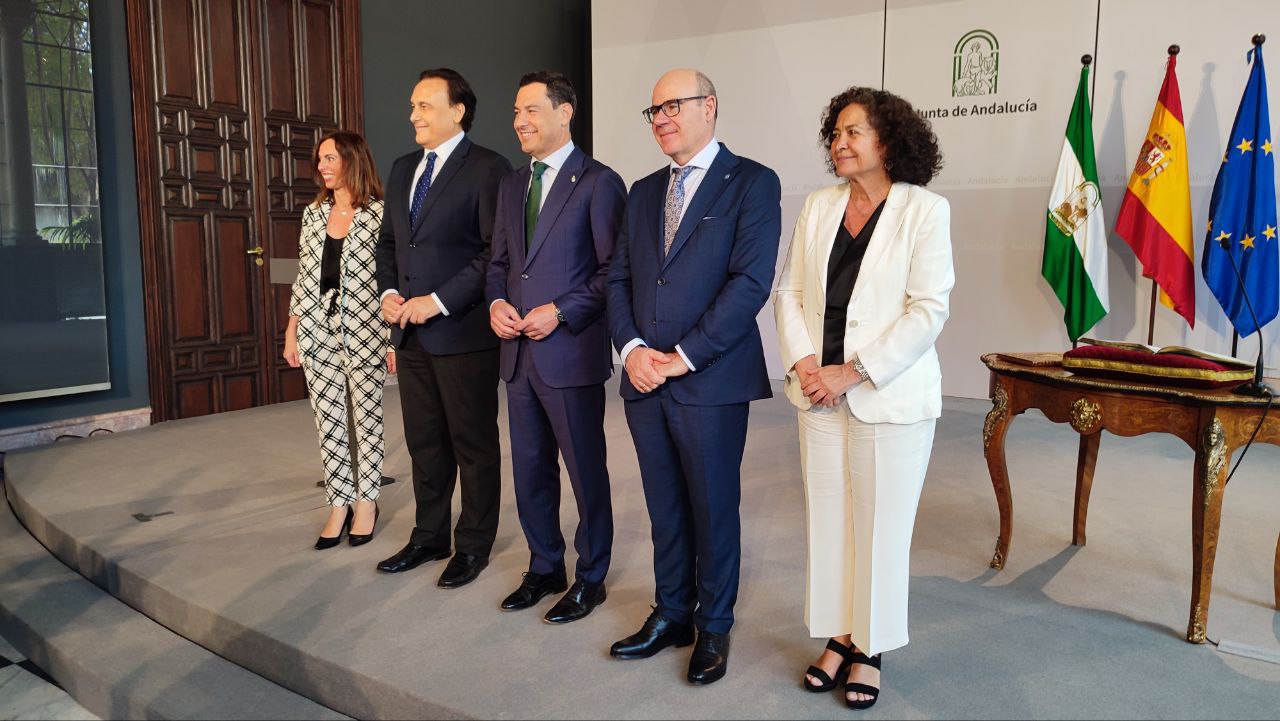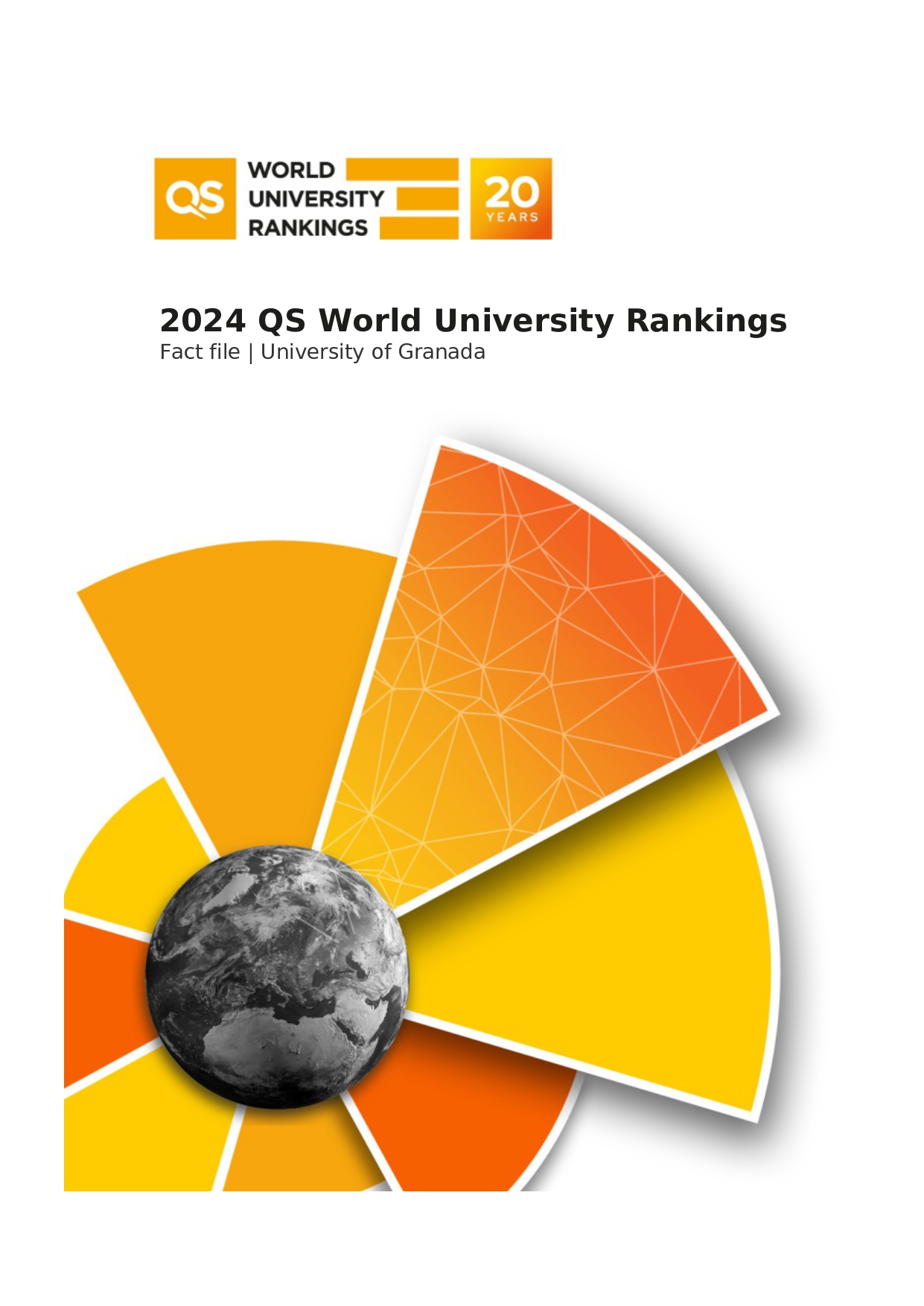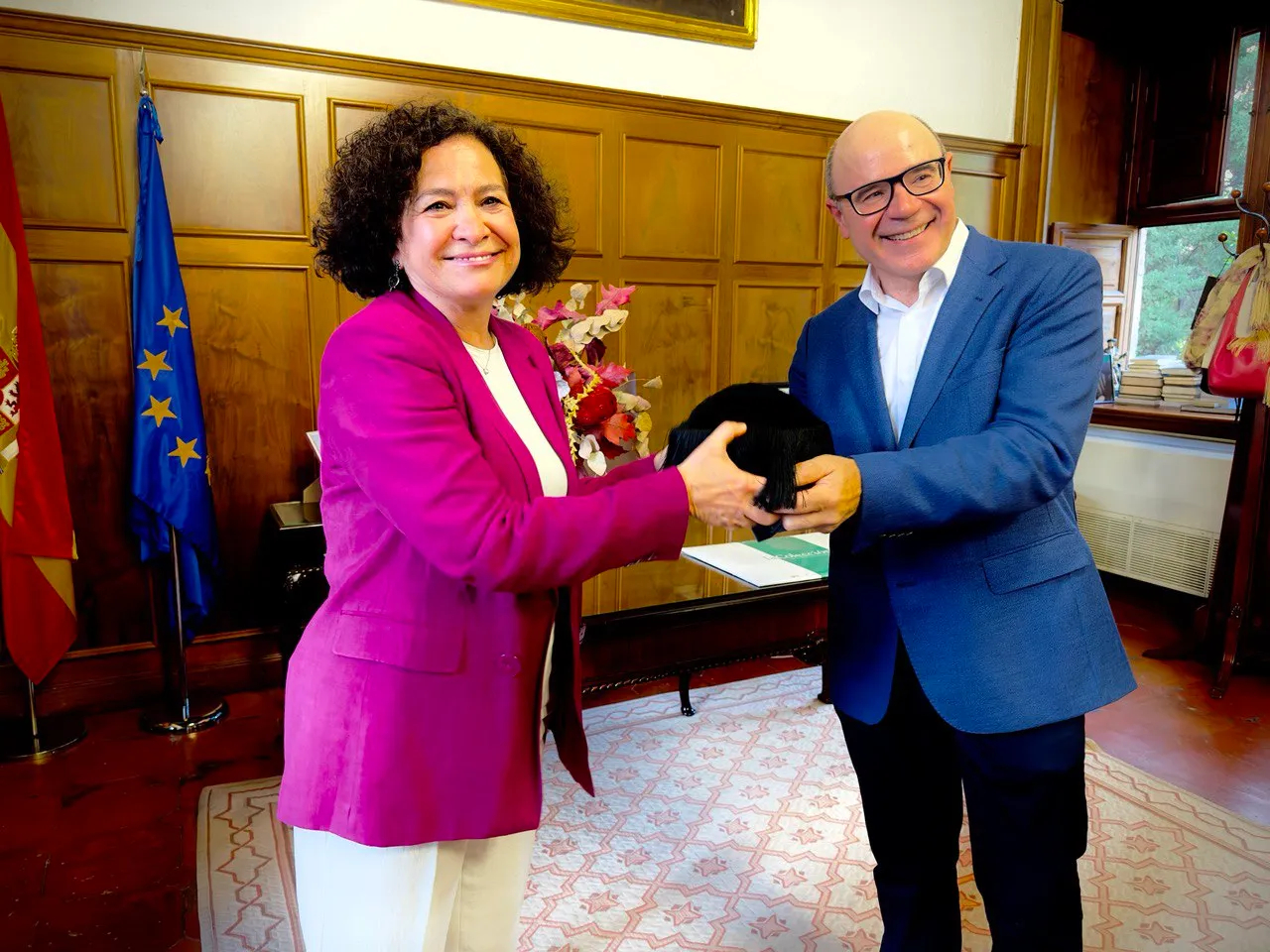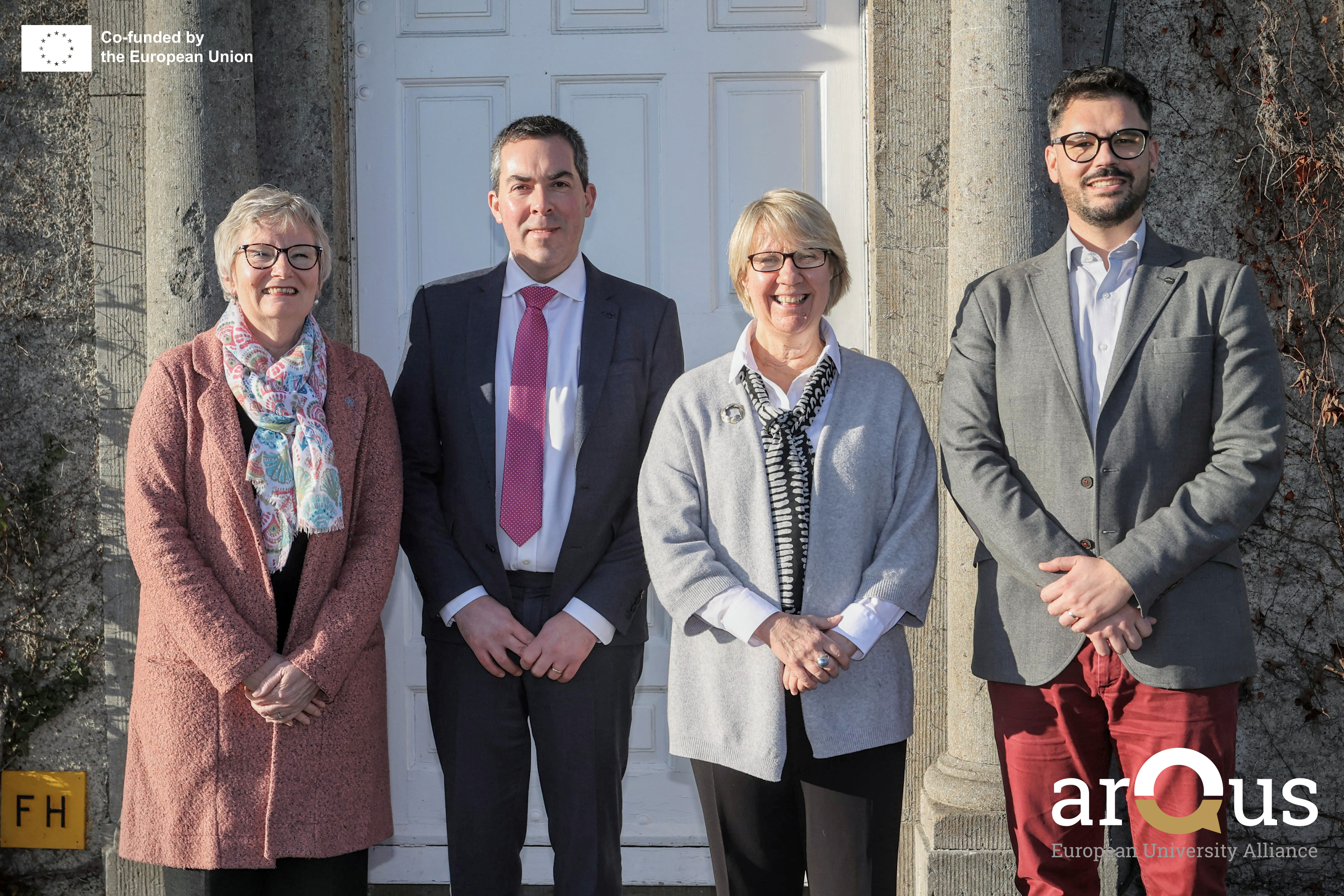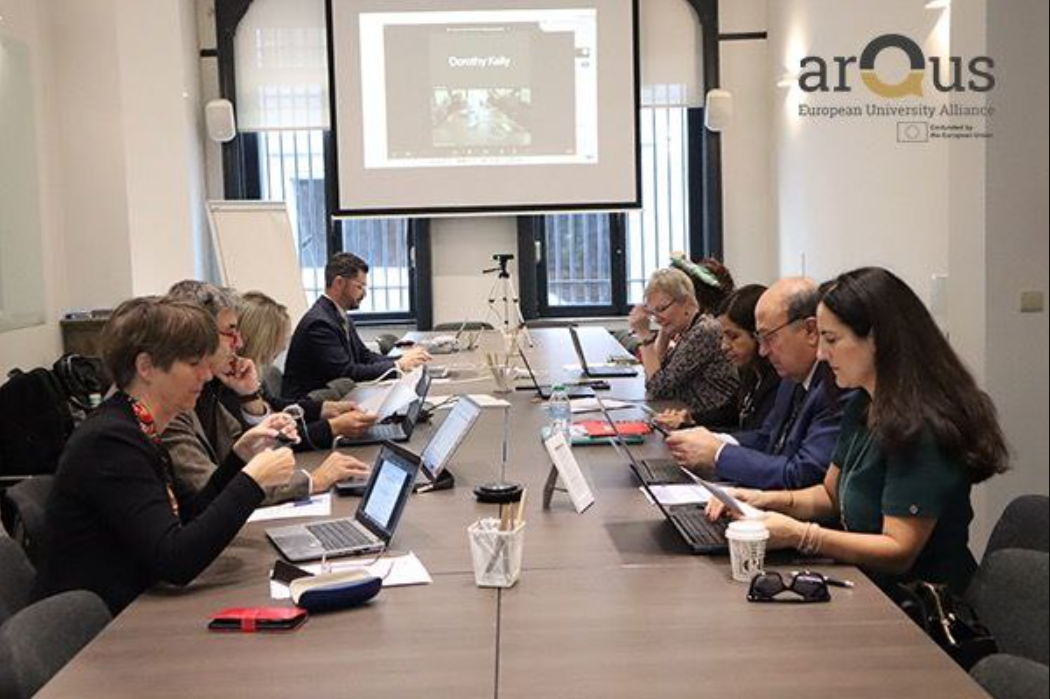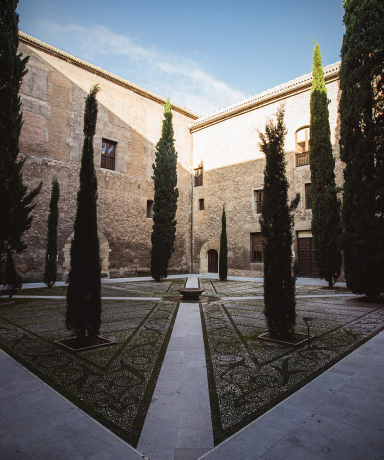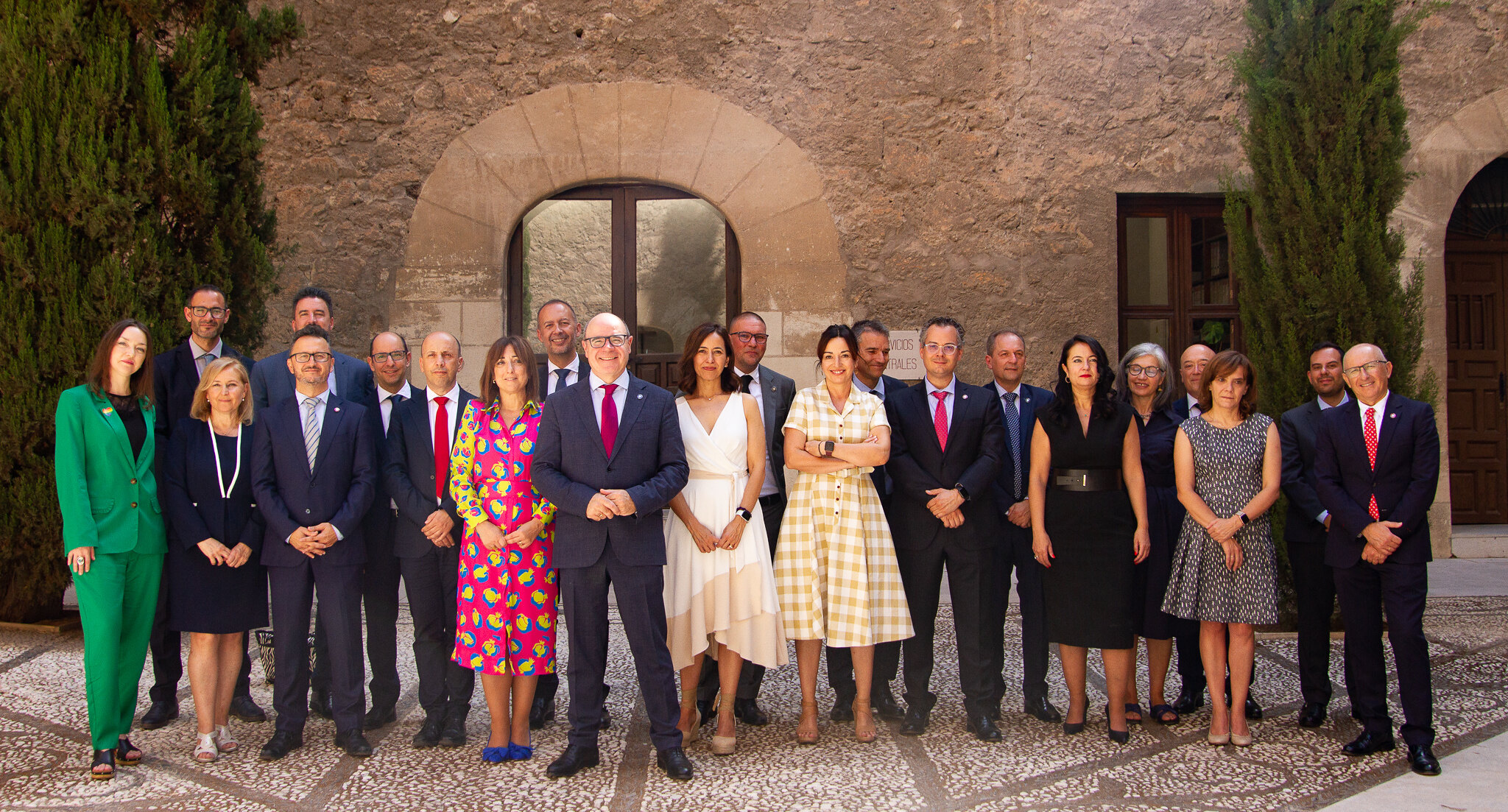
The University of Granada Governing Team takes office
On Friday 30 June, the University of Granada Governing Team took office during a ceremony held in the "Patio de los Mármoles" Courtyard of the "Hospital Real" Building — the seat of the Rectorate of the UGR. The event was presided over by the Rector, Pedro Mercado Pacheco, with the outgoing Rector, Pilar Aranda Ramírez, also in attendance.
